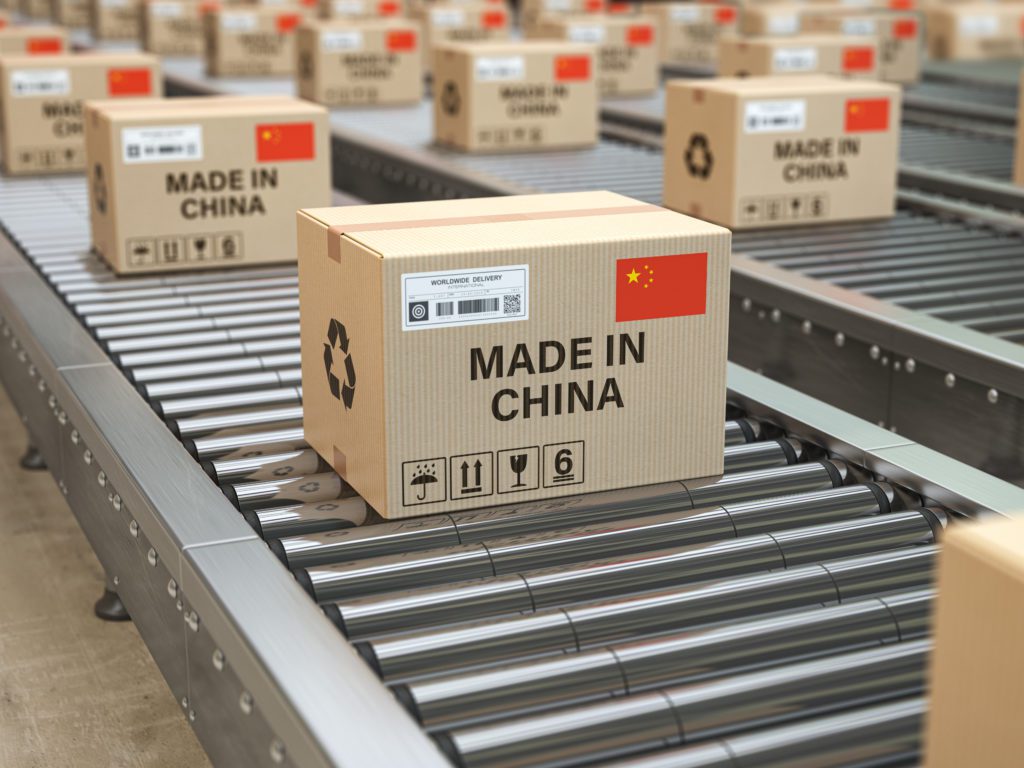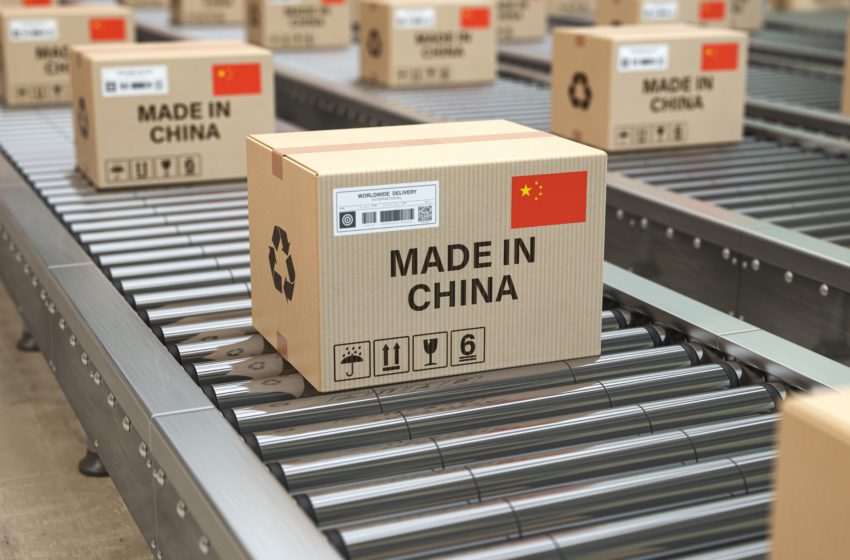
China’s State Tobacco Monopoly Administration (STMA) regulations for e-cigarettes are strict. The country will begin enforcing the license management for e-cigarette production, wholesale and retail entities starting from May 1, according to a translated version of updated regulations. They apply to all hardware and e-liquid products, including all components and ingredients. The announcement follows preliminary draft rules authorities issued in December 2021.
“The administrative department in charge of tobacco monopoly of the State Council takes charge of national supervision and management of electronic cigarettes, and is responsible for the formulation and organization of implementing electronic cigarette industry policies,” the regulations state. “The administrative department in charge of tobacco monopoly of the State Council shall organize professional institutions for technical review of electronic cigarette products based on inspection and testing reports and other application materials.”
Rules for products being produced for export could be market changing, and crushing for destination countries. China states that all products produced for export must comply with the regulations and laws in the destination country. If a country does not regulate e-cigarettes, China’s rules for vaping products would apply to those exports, including bans on flavors and synthetic nicotine.
“Electronic cigarette products not sold in China and only used for export shall comply with the laws, regulations and standards of the destination country or region,” the rules state. “If the destination country or region does not have relevant laws, regulations and standards, they shall comply with China’s relevant laws, regulations and standards.”
One industry expert with knowledge of China’s vapor industry said that China may choose to not enforce its export rules, however. “China doesn’t want to crush vaping exports,” he said. “They could choose to hold back enforcing the export provisions.”
The most critical changes locally in China’s rules is the country will now ban all non-tobacco flavors. China will also not allow for the sale of open systems, only closed pod systems will gain marketing approval. The importation of any vaping related products, such as pre-mixed e-liquids, must also be approved by Chinese authorities, according to the regulations.
Any company that produces e-cigarettes in China must now get a license. If a company wants to expand its production or product portfolio, the company must garner approval from the STMA. All nicotine must be tobacco derived and purchased from approved sellers in China, the regulations state. Chinese regulators will also establish a unified e-cigarette traceability system to strengthen the whole-process management of vaping products.
“Electronic cigarette wholesale enterprises shall not provide electronic cigarette products to units or individuals that are not qualified to engage in electronic cigarette retail businesses,” the regulation states.
The rules also state that “enterprises or individuals that have obtained the tobacco monopoly retail license … shall purchase electronic cigarette products from local … wholesale enterprises, and shall not exclusively operate the electronic cigarette products sold on the market.” One industry expert explained to Vapor Voice that the statement means all retail outlets must sell multiple brands and not just a single brand. Traditionally, stores such as RELX, the largest vaping retailer in China, only sold its own brands.
Additionally, authorities will establish a “unified national electronic cigarette transaction management platform” that e-cigarette industry businesses that have obtained tobacco monopoly licenses must conduct all transactions through. It is unclear if China will also begin cracking down on manufacturers of counterfeit products for export, however, the rules do encourage the reporting of these and other illegal manufacturers.
“Rewards will be given to units and individuals who have made meritorious deeds in reporting cases of illegal production and sales of electronic cigarette products, e-atomization material products and electronic cigarette nicotine,” the rules state.

